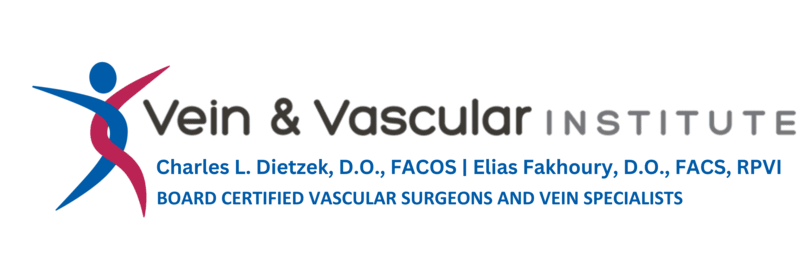If you’ve recently been diagnosed with deep vein thrombosis, or DVT, your phlebologist may have you take blood thinners. By reducing your risk of blood clots, this medication protects you from serious complications, like pulmonary embolism. Despite the benefits, getting prescribed blood thinners may also leave you with a whole lot of questions. If that’s the case, then simply use this guide to learn all you need to know about treating DVT with blood thinners.
Table of Contents
ToggleWhy Blood Clots are Dangerous
Deep vein thrombosis demands prompt treatment due to the serious risk of pulmonary embolism, or a blood clot blocking the arteries in the lungs. As that blockage appears, it can dramatically reduce the oxygen in your blood and even damage your lungs permanently. Without immediate care, pulmonary embolisms are often fatal, but they are not the only reason blood clots are dangerous.
Blood clots can also cause:
- Chronic venous insufficiency
- Damage to the heart valve
- Heart failure
Even after the blood clots dissolve, many people develop post-thrombotic syndrome, resulting in chronic pain and swelling.
Why Blood Thinners Work
Available as anticoagulant and antiplatelet formulas, blood thinners halt the development of blood clots deep in the veins. Anticoagulants keep your blood fluid, reducing its tendency to turn into a gel and form clots. Antiplatelets, on the other hand, prevent tiny fragments of blood cells from sticking together and grabbing onto the walls of your blood vessels.
When used with resting elevation and compression stockings, the clots can then start to dissolve over time. If that doesn’t happen on its own, it may be necessary to have surgery to remove them. When you meet our vein physicians in Vineland, Voorhees, Sewell and Lumberton New Jersey, you’ll get a personalized treatment plan based on your risk of blood clots and overall medical condition.
When Varicose Veins Get Blood Clots
Although DVTs develop within veins deep underneath the skin, it’s possible for varicose veins to get blood clots. When that happens, it’s called superficial venous thrombosis, or SVT, and it greatly increases the risk of the development of DVTs.
You can prevent SVTs – and the resulting DVTs – by getting varicose vein treatments as soon as the bulging veins appear on the surface of your skin. As an added benefit, the treatment not only reduces the risk of blood clots but also helps keep the damaged veins from causing pain and discomfort.
Treatments for Varicose Veins
By meeting with your vein doctor, you can learn about all the varicose vein treatments that might work well for you, such as:
- Sclerotherapy
- Ultrasound Guided Sclerotherapy
- Microphlebectomy
- ClosureFast
- Clarivein®
- VenaSeal™
- Endovenous Laser Therapy (EVLT)
- Veinwave™
Although all these options might seem overwhelming, your vein specialist will help you weigh the pros and cons of each treatment. Then, you can schedule your care with confidence that you’re on track to minimizing varicose veins and reducing the risk of blood clots.
Contact Us at Vein & Vascular
If you’re ready to schedule a consult at the Vein & Vascular Institute, just call 856-309-8346. During your call, we’ll help you find a great time to come by and get care for deep vein thrombosis, varicose veins, or any other venous disorders affecting your life. We look forward to helping you remain in great health through the years, so please feel free to call today.
